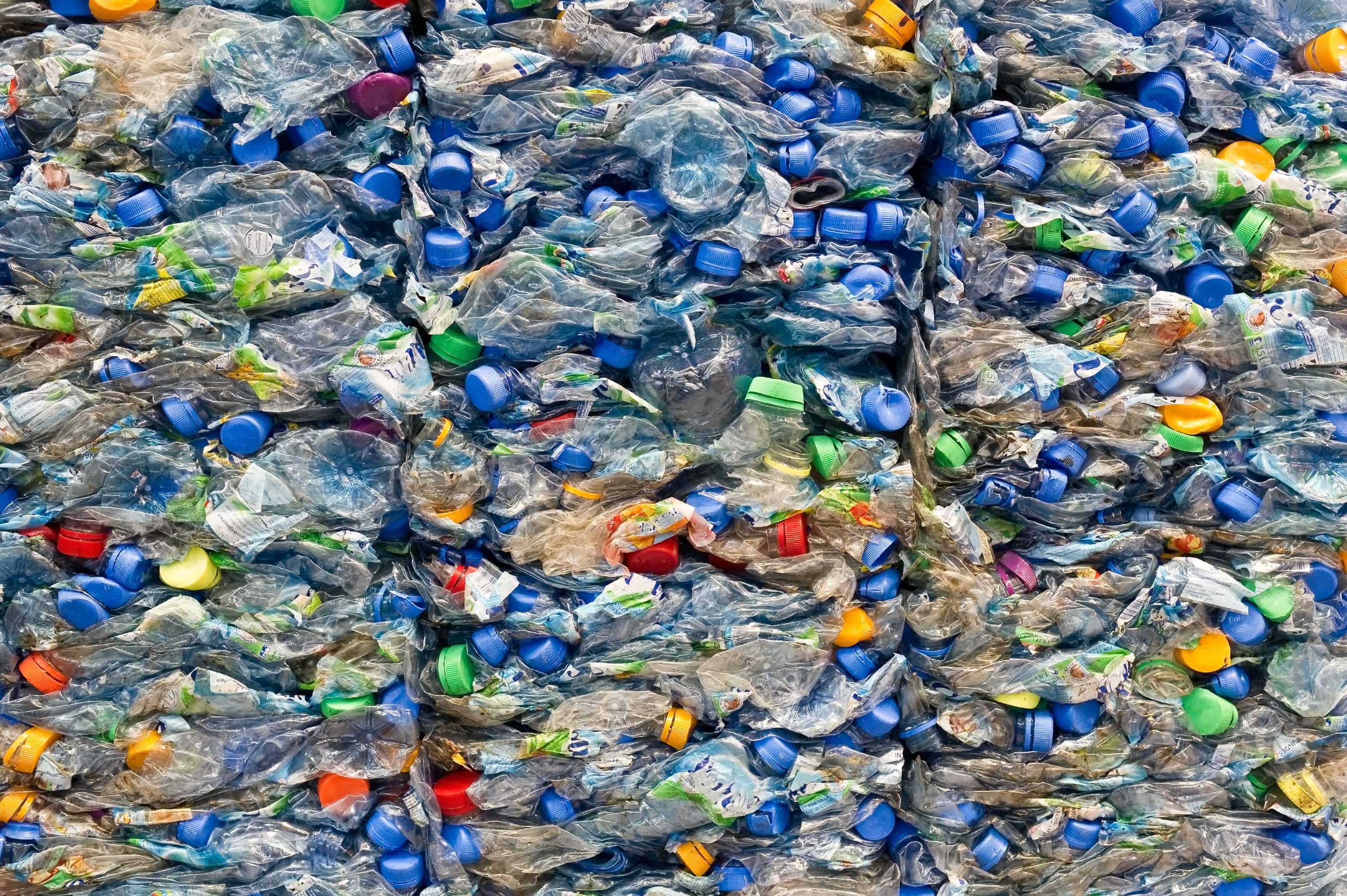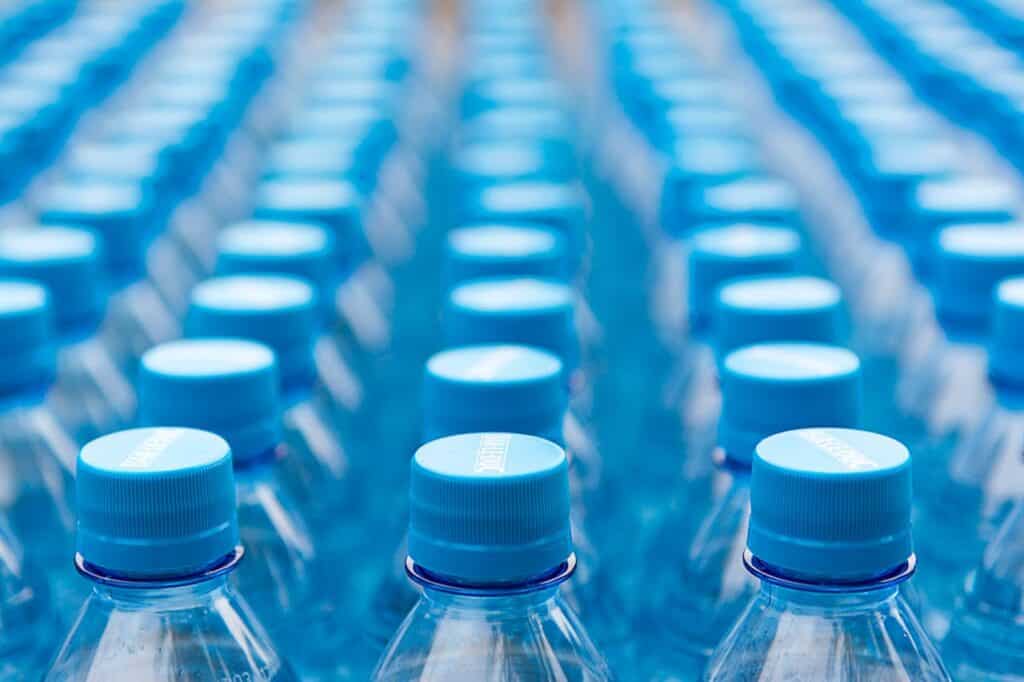An Open Letter
An open letter from more than 40 businesses, campaign groups, and supermarkets to the government has called for a ban on the plastics labelled “degradable,” without any further context. The signatories explained that labelling these materials as degradable and promoting them as such would increase global plastic pollution. This is largely due to the assumption that littering these products is an acceptable act as citizens misunderstand the product as efficiently biodegradable. Claiming a plastic is biodegradable without giving any further context is misleading. Many of these products require hugely specific temperatures and humidities.
This letter is focusing on oxo-degradable plastics. While many strains are technically degradable, they will not break down outside of industrial conditions.
In addition, many recycling companies have explained that these plastic products cannot be recycled with other recyclable plastics. They should not be mixed with the traditional fossil-based plastic waste. Labelling them as degradable is misleading for the general population, as many assume they break down on their own. Most oxo-degradable plastics, in fact, never break down completely. They just break into smaller and smaller pieces, causing a rise in microplastic pollution.
The Issues Of Microplastics
The impact of microplastics in oceans is ‘vastly underestimated,’ explains The Guardian. The smaller the particle, the more damaging for the environment. Microplastics are the same size as zooplankton food sources. Zooplanktons are hugely important for the marine food chain, playing a crucial role in regulating global climate. In some waters, there are more microplastic particles than zooplankton.
These complaints have been in response to a British Standards Institution (BSI) specification earlier this month which supported the sale of these plastics.
Many signatories have explained the irony in this BSI specification. In 2019, the UK voted in favour of banning these exact same products in an EU proposal. The open letter states that ‘failing to act now could turn Britain from a leader into a laggard in fighting the plastic crisis.’ Not only does it make the UK look uneducated and uninterested in the damages of promoting oxo-degradable plastics, but the strong EU stance against them allows for limited international trade with the product.
Oxo-degradable Plastics
Undoubtedly, oxo-degradable plastics are the most damaging environmentally out of all the plastics advertised as “degradable.” However, much of the plastic we are seeing more and more in replacement of non-recyclable plastics, are not as efficiently beneficial to the environment as we think. Compostable plastics, for example, are publicly understood as able to quickly and efficiently break down in compost piles or natural areas.
However, similar to some strains of oxo-degradable plastics, compostable plastic is only able to break down in this way in a highly controlled, industrial compost setting. Even then, these plastics take around 12 weeks to biodegrade. Green Dot BioPlastics explain that ‘many certified compostable materials require the higher temperatures of industrial settings to biodegrade quickly enough, or in some cases at all.’ Therefore, in environments like festivals, theme parks, schools, and stadiums, compostable plastics are hugely beneficial. Large amounts of plastic waste are produced, but the closed off setting allows for easy and efficient collection of compostable plastics, and they can be shipped off to industrial compost centres in bulk. However, for the most part, these compostable plastics are being sold as takeaway containers out of shops and restaurants, where people assume that chucking it in a bush or a recycling bin is beneficial for reducing plastic waste.
The lack of education on degradable plastic methods is not, however, the fault of the general population. As the open letter implies, it is the misguided promotion by the government of the benefits of the plastic which causes the confusion. In order for us to work together to reduce plastic pollution, the UK government must explain more specifically the conditions in which these plastics will degrade.
Plastic Expert
Plastic Expert offers personalised recycling solutions to companies from a range of sectors. Whether you produce large amounts of waste and need regular collections, or you need a one off collection we can help. Get in touch today to speak with one of our recycling experts.








